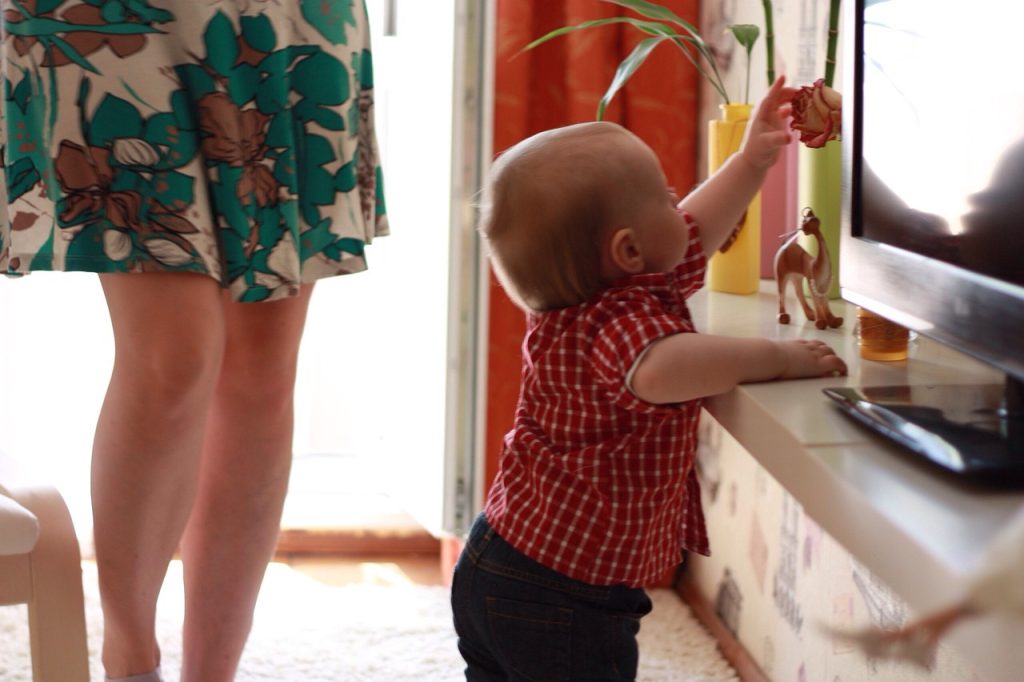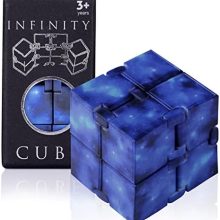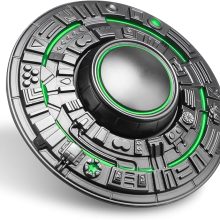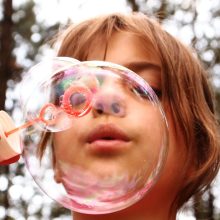Curiosity in Infants: Fostering a Lifelong Love for Learning

From the moment they enter the world, infants and babies are natural explorers, driven by an insatiable curiosity to understand the world around them. As parents and caregivers, we have the incredible opportunity to nurture and support this innate curiosity, laying the foundation for a lifetime of learning and discovery. Here’s how you can encourage and foster curiosity in your little ones from the earliest stages of development:
1. Create a Safe and Stimulating Environment: Infants and babies learn through their senses, so provide them with a safe and stimulating environment that engages their senses of sight, sound, touch, taste, and smell. Surround them with age-appropriate toys, books, and sensory materials that encourage exploration and discovery.
2. Follow Their Lead: Pay attention to your baby’s cues and interests, and follow their lead in exploring the world together. If they show interest in a particular object or activity, encourage their curiosity by providing opportunities for further exploration and interaction.
3. Offer a Variety of Experiences: Expose your baby to a wide range of experiences, environments, and stimuli to spark their curiosity and expand their understanding of the world. Take them for walks in nature, visit museums and cultural events, and introduce them to different textures, tastes, and sounds.
4. Encourage Sensory Play: Sensory play is an excellent way to stimulate curiosity and promote cognitive and sensory development in infants and babies. Provide them with opportunities for messy play with materials like water, sand, or playdough, and incorporate sensory toys and objects with different textures, shapes, and colors.
5. Talk, Sing, and Read: Engage your baby in rich language experiences by talking to them, singing songs, and reading books together. Describe the world around them, narrate your daily activities, and encourage them to vocalize and respond. Reading aloud to your baby from an early age not only fosters a love of books but also promotes language development and literacy skills.
6. Encourage Exploration: Create opportunities for hands-on exploration and discovery by offering toys, objects, and materials that encourage active engagement and problem-solving. Allow your baby to manipulate objects, experiment with cause and effect, and discover new ways of interacting with their environment.
7. Embrace Messiness: Messy play may seem daunting, but it’s an essential part of childhood development. Allow your baby to explore and experiment with messy materials like mud, paint, or food (under supervision, of course). Embrace the messiness and focus on the joy and learning experiences it provides.
8. Be Patient and Supportive: Curiosity takes time to develop, so be patient and supportive as your baby explores and learns about the world around them. Offer encouragement, praise their efforts, and celebrate their discoveries, no matter how small. Remember that every moment of exploration is a step towards greater understanding and growth.
9. Foster a Sense of Wonder: Cultivate a sense of wonder and awe in your baby by exposing them to the beauty and diversity of the world. Take them on nature walks, stargaze together at night, and marvel at the wonders of the natural world. Encourage them to wonder, ask questions, and seek answers to the mysteries of life.
10. Lead by Example: Finally, lead by example by demonstrating your own curiosity and enthusiasm for learning. Show your baby that curiosity is a lifelong journey by pursuing your interests, asking questions, and exploring new ideas and experiences together as a family.
By nurturing curiosity in infants and babies, we lay the foundation for a lifetime of learning, exploration, and discovery. Embrace the wonder and excitement of this incredible journey, and watch as your little one’s curiosity blooms and grows with each new experience.




